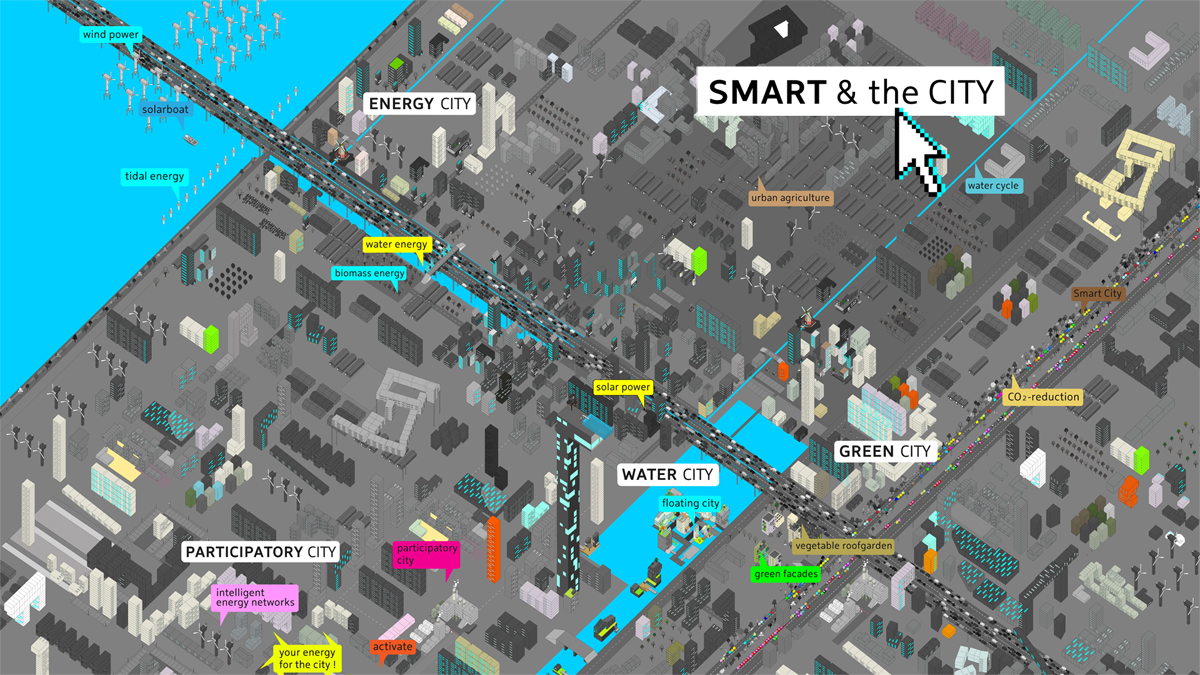Ubiquitous digitization is increasingly transforming urban life in all its aspects and Smart City technologies promise unlimited efficiency to urban mobility solutions.
It is however worth reflecting on why digitally supported and automated negotiation concerning, amongst others, mobility does not necessarily equal objective and fair decision-making.
Newsletter July 2019 @ Hybrid Space Lab, Berlin, 15 July 2019
City
to
Go
The classic means of transport – car, bicycle, public transport and walking are increasingly supplemented and integrated with upcoming forms of mobility.
Lectures & Discussion City to Go @ Humboldt Institute for Internet and Society, Berlin, 15 July 2019
Benjamin Knödler, der Freitag
Hille Bekic, Member of the Board of the Architektenkammer Berlin
Victoria Dykes, Ideation & Prototyping Lab Technology Foundation Berlin
Ingo Kollosche, IZT – Institute for Futures Studies and Technology Assessment
Heiko Rintelen, FixMyBerlin
„City to Go“ is introduced by the curators of the City Making Lab program, Christian Grauvogel (Humboldt Institute for Internet and Society) and Prof. Elizabeth Sikiaridi and Prof. Frans Vogelaar (Hybrid Space Lab).
* Who benefits from optimization of urban mobility as well as who sets its agenda?
* Which user groups are the target of the new digitally supported and data-powered mobility services such as bike-, scooter- and car-sharing, as well as car-pooling and ride sharing?
related PROJECTS
related PROJECTS
